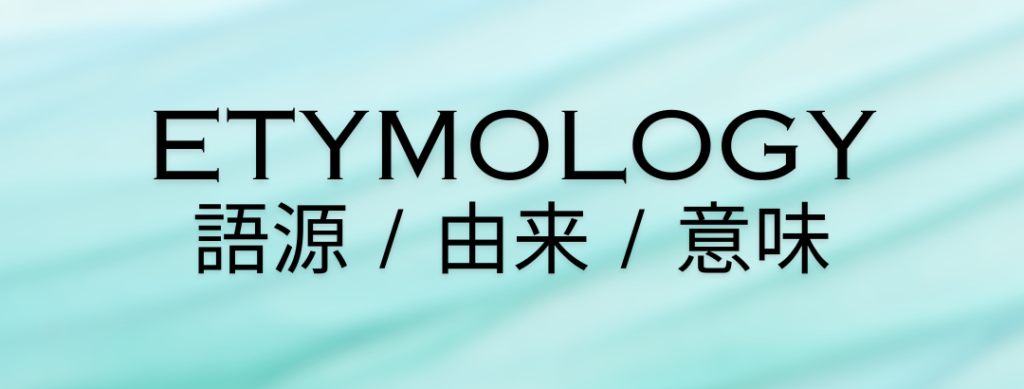
inevitable
日本語の意味
[形容詞] 避けられない、必然的な
語源
“Inevitable” は “in-“(否定の接頭辞)と “evitable”(避けられる)から派生し、避けられないという意味を持ちます。
発音記号
アメリカ英語: /ɪˈnɛvɪtəbəl/
イギリス英語: /ɪˈnɛvɪtəbl̩/
言語の変遷
“Inevitable” は中英語から現代英語に至る間、そのままの形で使用されています。形容詞として、何かが避けられない、避けることができないという性質を指します。
例文
Change is inevitable, and we must adapt to new circumstances in life.
(変化は避けられないもので、私たちは生活の新しい状況に適応しなければなりません。)
The aging process is inevitable, and we all grow older with time.
(老化は避けられない過程であり、時間と共に誰もが年を取ります。)
Despite their best efforts, they couldn’t prevent the inevitable decline of the company.
(最善の努力にもかかわらず、会社の避けられない衰退を防ぐことができませんでした。)
As technology continues to advance, it’s inevitable that some jobs will be replaced by automation and artificial intelligence.
(テクノロジーが進化し続ける限り、自動化や人工知能によって一部の仕事が置き換えられるのは避けられないことです。)
The gradual wear and tear on a car’s engine is inevitable over time, but proper maintenance can extend its lifespan.
(車のエンジンの徐々の摩耗は時間とともに避けられないが、適切なメンテナンスで寿命を延ばすことができます。)
In any long-term relationship, conflicts and disagreements are inevitable, but effective communication can help resolve them.
(どんな長期の関係においても、対立や意見の相違は避けられないが、効果的なコミュニケーションで解決できます。)
関連語
sociable – 語源 / 由来 / 意味
comfortable – 語源 / 由来 / 意味
admirable – 語源 / 由来 / 意味
respectable – 語源 / 由来 / 意味
predictable – 語源 / 由来 / 意味
adaptable – 語源 / 由来 / 意味
最新の投稿
- ビス(ネジ)ってどの程度の力で締めたらいいの!?
- 鍵の現地調査って何を調べているの!?
- 鍵に関する用語を集めました
- おうちの鍵の簡単メンテナンス方法
- extraordinary – 語源 / 由来 / 意味
- exceptional – 語源 / 由来 / 意味
- unique – 語源 / 由来 / 意味
- sparkling – 語源 / 由来 / 意味
- spectacle – 語源 / 由来 / 意味
- responsible – 語源 / 由来 / 意味
- inevitable – 語源 / 由来 / 意味
- sociable – 語源 / 由来 / 意味
- comfortable – 語源 / 由来 / 意味
- admirable – 語源 / 由来 / 意味
- respectable – 語源 / 由来 / 意味
- predictable – 語源 / 由来 / 意味
- adaptable – 語源 / 由来 / 意味
- corroboration – 語源 / 由来 / 意味
- corrode – 語源 / 由来 / 意味
- correlation – 語源 / 由来 / 意味

